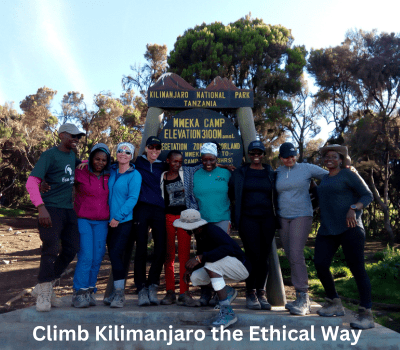Do I Need Prior Climbing Experience to Climb Kilimanjaro Afrika
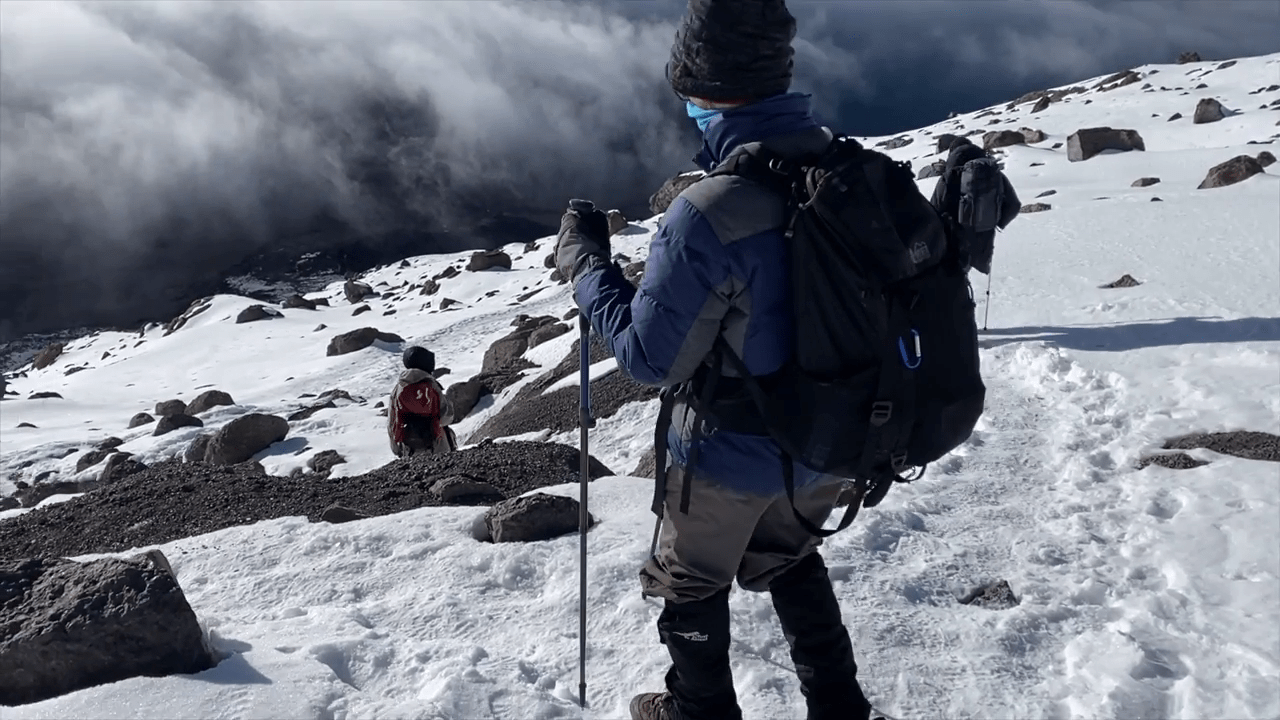
Introduction: The Truth About Climbing Kilimanjaro
Why This Question Matters to So Many Trekkers
So, you’re dreaming of standing on the summit of Africa’s tallest mountain. Maybe you’ve seen epic photos of Uhuru Peak or heard stories from friends who’ve done it. But one question keeps popping up in your mind—“Do I need prior climbing experience to climb Kilimanjaro Afrika?”
You’re not alone. This is one of the most frequently asked questions by aspiring adventurers around the world. And it makes total sense—climbing the tallest mountain on a continent sounds intimidating. Images of icy peaks, technical climbing gear, and expert mountaineers might make you believe that Kilimanjaro is reserved for seasoned climbers.
But here’s the truth: you don’t need prior technical climbing experience to summit Kilimanjaro. That’s right—this majestic mountain is entirely walkable. In fact, thousands of everyday people of all ages and backgrounds climb it every year, many without ever having hiked above 3,000 meters before.
Of course, there’s more to the story than a simple “yes” or “no.” Kilimanjaro may not require technical skills, but it still demands physical preparation, mental strength, and smart planning. That’s where this guide comes in—we’re here to walk you through everything you actually need to know about climbing Kilimanjaro with zero experience.
Separating Myths from Reality
Let’s bust a few myths right off the bat:
- Myth: You need to be a mountaineer to climb Kilimanjaro.
Truth: Kilimanjaro is a trekking peak, not a technical climb. - Myth: Only super fit athletes can summit.
Truth: Fitness helps, but the real challenge is altitude, not strength. - Myth: You need climbing gear like ropes and crampons.
Truth: Standard hiking gear is enough—no ropes, no harnesses. - Myth: You can’t do it if you’ve never hiked before.
Truth: Many first-time trekkers successfully summit with the right guide and mindset.
Understanding the reality of what Kilimanjaro is—and isn’t—can be empowering. Once you drop the fear of “not being experienced enough,” the journey becomes more accessible and exciting.
And with a company like Eco-Africa Climbing, you’ll be supported by professionals every step of the way. Our team has guided thousands of climbers to the summit, many of them beginners just like you.
Understanding Kilimanjaro: A Non-Technical Mountain
No Ropes, No Ice Axes – Just a Steady Trek
Mount Kilimanjaro is what we call a non-technical mountain. That means you don’t need any rock climbing, ice climbing, or mountaineering gear to reach the summit. You won’t be roped to other climbers, navigating vertical rock faces, or using an ice axe to scale frozen cliffs.
Instead, Kilimanjaro is essentially a long, multi-day high-altitude hike. You walk from one eco-zone to the next—starting in lush rainforests and eventually reaching alpine deserts and snow-capped ridges. While there are some steep sections, such as the Barranco Wall, they are more like rugged staircases than rock walls.
The trail is well-worn, and you’ll be hiking alongside a professional support team that includes guides, porters, and cooks. Your primary challenge won’t be technical skills—it will be managing your energy, staying healthy, and adjusting to the altitude.
Why Kilimanjaro Is Called the “Everyman’s Everest”
Kilimanjaro has earned the nickname “Everyman’s Everest” for a good reason. It offers a big, bold summit experience that’s accessible to people from all walks of life. You don’t need to be an elite athlete, professional hiker, or climbing veteran. You just need commitment, the right gear, and a great team behind you.
Thousands of ordinary people reach Uhuru Peak every year:
- Children as young as 10 have summited.
- Adults in their 60s and even 70s have made it.
- First-time hikers with zero mountain experience have succeeded.
At Eco-Africa Climbing, we’ve guided everyone from solo travelers to families, honeymooners, and retirees. Our climbers come from over 70 countries and nearly every fitness background imaginable.
Kilimanjaro proves that you don’t have to be a pro to do something extraordinary. All you need is the courage to take the first step.
What Skills Do You Actually Need?
Walking, Endurance, and Mental Strength
If you can walk for 4–8 hours a day on uneven ground, you already have the most essential “skill” for climbing Kilimanjaro. The daily trekking is less about athleticism and more about endurance and pacing. Most routes average 6–12 km per day, with breaks for lunch and rest.
The longest and toughest day is summit night, where you’ll begin your hike around midnight and walk 10–14 hours round trip to reach Uhuru Peak and descend to camp. But you’ll be moving slowly (“pole pole” in Swahili), with full support and guidance.
Equally important is mental resilience. The mountain tests your patience, willpower, and adaptability. Cold mornings, sore legs, and moments of doubt are all part of the process. But if you stay focused, positive, and keep moving forward, you’ll be amazed at what you can achieve.
Altitude Awareness vs. Athletic Performance
Perhaps the biggest factor on Kilimanjaro isn’t fitness—it’s altitude. You’ll be hiking above 3,000 meters for several days, and reaching nearly 6,000 meters at the summit. The lack of oxygen can cause symptoms like headaches, nausea, fatigue, and shortness of breath.
That’s why understanding how your body handles altitude is more important than how fast you can run a mile. You don’t need prior high-altitude experience to climb Kilimanjaro, but you do need to be aware of the risks and how to manage them.
Guides from Eco-Africa Climbing are trained in altitude medicine and monitor your health daily using pulse oximeters and symptom checklists. We also build in acclimatization days and follow the golden rule of altitude hiking: climb high, sleep low.
Preparing Without Prior Climbing Experience
How to Train for Kilimanjaro
The good news? You don’t need a personal trainer or a mountain boot camp to prepare for Kilimanjaro. But you do need a solid, consistent plan. The key is building up your endurance and getting comfortable walking for several hours on back-to-back days.
Here’s a simple pre-climb training plan:
- Hike regularly: Aim for 3–5 hikes per week, gradually increasing distance and elevation gain.
- Train on similar terrain: Try to hike on trails, hills, or uneven ground rather than treadmills.
- Add a backpack: Practice carrying 5–10kg to simulate your daypack on the mountain.
- Do back-to-back hikes: Your legs should get used to being tired and still going the next day.
- Cardio & core: Supplement with activities like stair climbing, cycling, swimming, or core strengthening.
Training for Kilimanjaro isn’t about becoming a beast—it’s about building steady stamina, mental grit, and footwork. The mountain doesn’t reward speed. It rewards slow, mindful progress.
What Gear You Really Need
You also don’t need to buy thousands of dollars in technical climbing gear. Kilimanjaro is a hiking mountain. That means:
- Warm, layered clothing for temperatures ranging from +20°C to -10°C
- Waterproof boots that are broken in and comfortable
- A good-quality sleeping bag rated to -10°C or lower
- Trekking poles, a daypack, gloves, sun hat, and sunglasses
Eco-Africa Climbing provides tents, chairs, tables, dining shelters, and even private toilet tents. You can rent high-end gear on arrival in Moshi too—so don’t worry if you don’t own it all yet.
What to Expect Day-by-Day
Your Support Team Makes the Difference
Many climbers are amazed at the level of support they receive. From the moment you arrive, your team helps with everything: logistics, gear checks, airport transfers, and mental prep. On the mountain, it’s even more impressive.
Each team includes:
- Licensed Guides: Safety, pacing, motivation, and health checks
- Assistant Guides: Walk with you, carry your extra gear, monitor your condition
- Cooks: Prepare three hot meals a day to keep your energy up
- Porters: Carry your main luggage, set up camp, and cheer you on every morning
With Eco-Africa Climbing, our ratio of guides to clients is industry-leading. You’ll never feel alone—and your only job is to walk, eat, hydrate, rest, and soak in the views.
Example Itinerary for First-Time Trekkers
If you’re new to trekking, the 8-day Lemosho Route is ideal. It offers:
- Gradual elevation gain
- Lower daily mileage
- Scenic trails with fewer crowds
- Two key acclimatization days for higher summit chances
Each day, you’ll walk 4–7 hours, rest in the afternoon, and sleep at progressively higher altitudes. Your longest day will be summit night—about 10–14 hours round trip—but the reward of seeing the sun rise over Africa from Stella Point or Uhuru Peak? Totally worth it.
Success Stories from Beginners
You Don’t Have to Be an Athlete to Succeed
We’ve guided:
- A 62-year-old grandmother who had never camped before
- A group of friends with zero trekking experience
- Couples on honeymoon making their first hike together
- A teenager with asthma who summited confidently
The common thread? They came with a positive mindset, followed guide instructions, walked “pole pole,” and trusted the process. That’s all it takes. Your story could be next.
Common Fears and Misconceptions for First-Time Climbers
“What If I’m Too Slow?”
This is one of the most common concerns among first-time climbers. But here’s the secret: slow is the goal. On Kilimanjaro, we say “pole pole,” which means “slowly slowly” in Swahili. It’s not a race. In fact, walking too fast is a recipe for altitude sickness.
Your guides will monitor your pace and ensure you take enough breaks. They’re not trying to rush you—they’re helping your body adjust to the altitude. So don’t worry about being the last one into camp. As long as you’re moving forward, you’re on track.
“What If I Get Altitude Sickness?”
This is a valid concern, but it’s manageable. Mild altitude symptoms (headache, light nausea, fatigue) are common and expected. With the right route, pacing, hydration, and support, most people adjust just fine.
At Eco-Africa Climbing, we do daily health checks using pulse oximeters and symptom charts. If needed, we carry oxygen and can descend rapidly in case of serious symptoms—though this is rare with proper acclimatization.
“What If I Don’t Make It to the Top?”
It’s true that not everyone reaches Uhuru Peak, but with the right route and preparation, success rates are high—especially on 7–9 day climbs. And remember, reaching the summit isn’t the only success. The journey itself, the challenge, the transformation—that’s the real win.
Even if you don’t reach the top, you’ve already climbed one of the most iconic mountains in the world. That’s an achievement to be proud of.
Why Book with Eco-Africa Climbing?
Local Expertise + International Standards
Climbing Kilimanjaro with no experience can feel intimidating—but not when you’re with the right team. Eco-Africa Climbing is a KPAP partner and sustainable tour operator that combines deep local roots with world-class service.
What we offer:
- Guides certified in wilderness first aid and altitude awareness
- Private toilet tents, mess tents, and 7-star camp setups
- Tailored advice, gear rentals, and training plans for beginners
- Transparent pricing and ethical treatment of staff
- The highest safety standards on the mountain
We’ve helped thousands of first-timers summit successfully. With us, you’re not just booking a climb—you’re joining a family that climbs with heart.
FAQs: Climbing Kilimanjaro Without Experience
Do I need to take a mountaineering course first?
Nope! Kilimanjaro is a trekking peak. No technical climbing, ropes, or ice axes are required. Just good boots, layers, and preparation.
Can I really do this as a first-time hiker?
Absolutely. Many of our climbers are first-time trekkers. With the right training, mindset, and guide team, you’ll be fully prepared for this journey.
How should I train for Kilimanjaro if I’m starting from scratch?
Start walking regularly. Build up to hiking 6–10 miles with a backpack. Add stair climbing, light cardio, and some strength training if possible. We’ll help guide you through a plan.
What’s the best route for beginners?
The Lemosho Route (7–8 days) is perfect for beginners. It’s scenic, less crowded, and allows plenty of time to acclimate. The Northern Circuit is also great if you have 9 days to spare.
What support will I get on the climb?
You’ll have a licensed guide, assistant guides, porters, chefs, and a complete support team. We take care of everything so you can focus on walking and enjoying the experience.
Conclusion: Yes, You Can Climb Kilimanjaro Without Experience
If you’ve been dreaming of Kilimanjaro but doubting your qualifications—take this as your green light. You don’t need climbing experience to conquer Kilimanjaro Afrika. What you need is determination, patience, preparation, and the right guides by your side.
At Eco-Africa Climbing, we specialize in helping first-timers turn fear into fuel and doubt into dreams. Whether you’re climbing for charity, a milestone birthday, or personal challenge, we’re ready to take you there—step by step, “pole pole.”
Ready to Start Your Journey?
Let’s Plan Your First Climb Together
Reach out today and let us help you plan, train, and prepare for the biggest walk of your life. We’ll build your itinerary, check your gear, answer every question—and walk with you all the way to the summit.
Contact Eco-Africa Climbing Now – Your first mountain is waiting.
Helpful Resources for Climbing Kilimanjaro
- KPAP – Kilimanjaro Porters Assistance Project
- TANAPA – Kilimanjaro National Park
- WHO Travel Health Advice
- Mount Kilimanjaro on Google Maps
- Tanzania Tourism Board
Share:
Related Posts
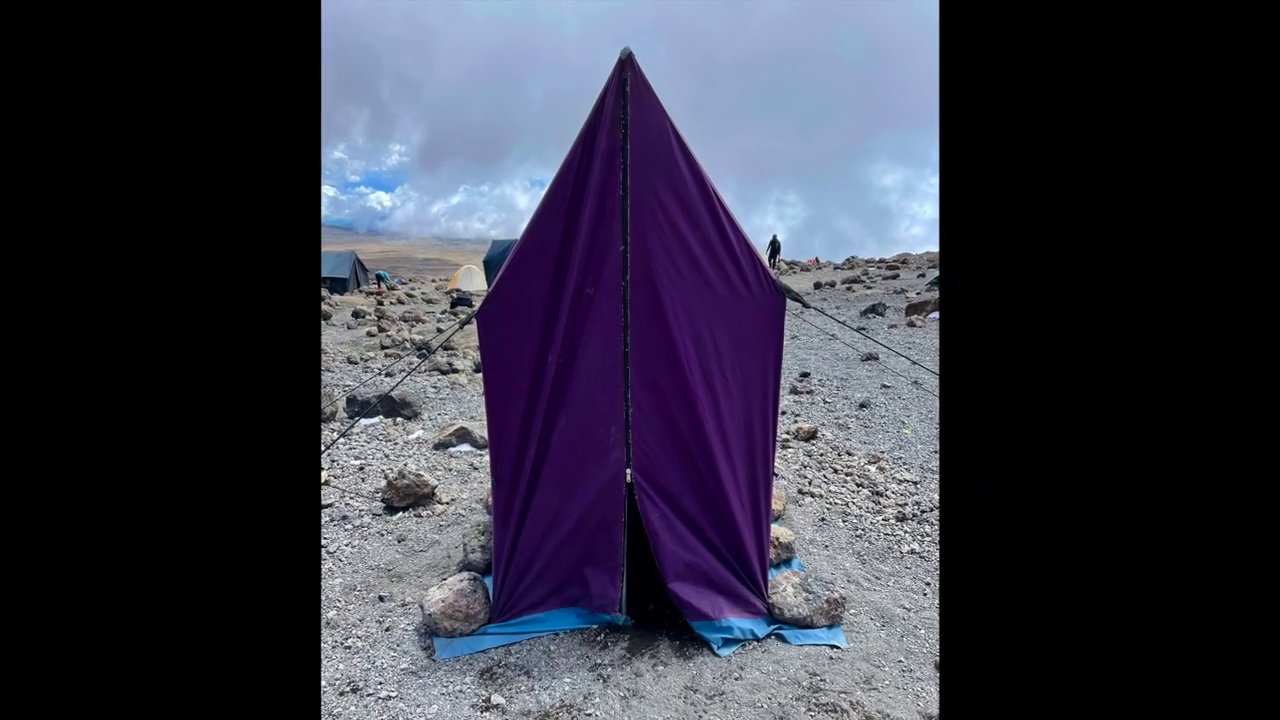
bathroom on mountain kilimanjaro
Bathroom on Mountain Kilimanjaro: What to Expect and How to Prepare Introduction One of the most common — and least discussed — questions from people
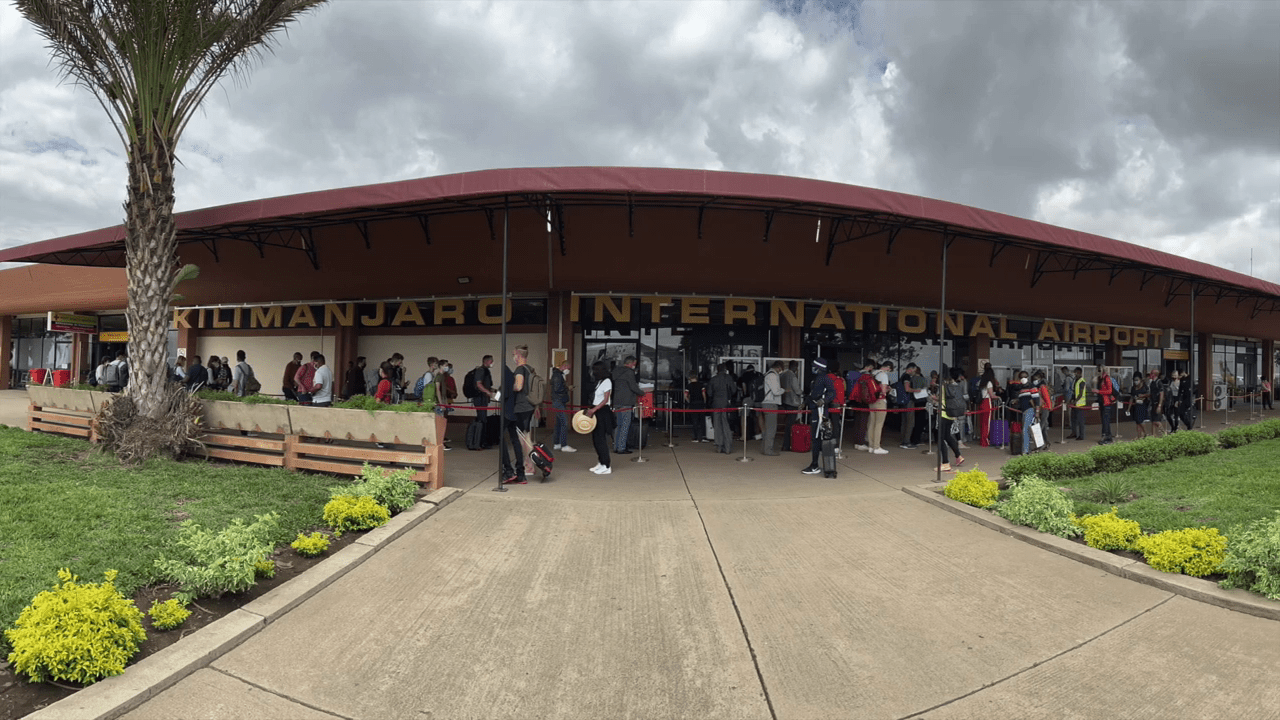
Are Guides Readily Available in Tanzania Without Prior Booking?
Are Guides Readily Available in Tanzania Without Prior Booking? Introduction: Should You Risk Climbing Without Pre-Booking? Climbing Mount Kilimanjaro is a dream for many adventurers.
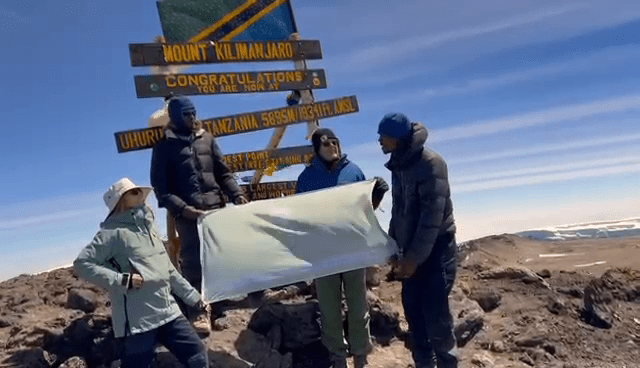
How Can I Find a Reliable Local Guide for My Kilimanjaro Expedition?
How Can I Find a Reliable Local Guide for My Kilimanjaro Expedition? Introduction: Why the Right Guide Is Key to Kilimanjaro Success Climbing Mount Kilimanjaro
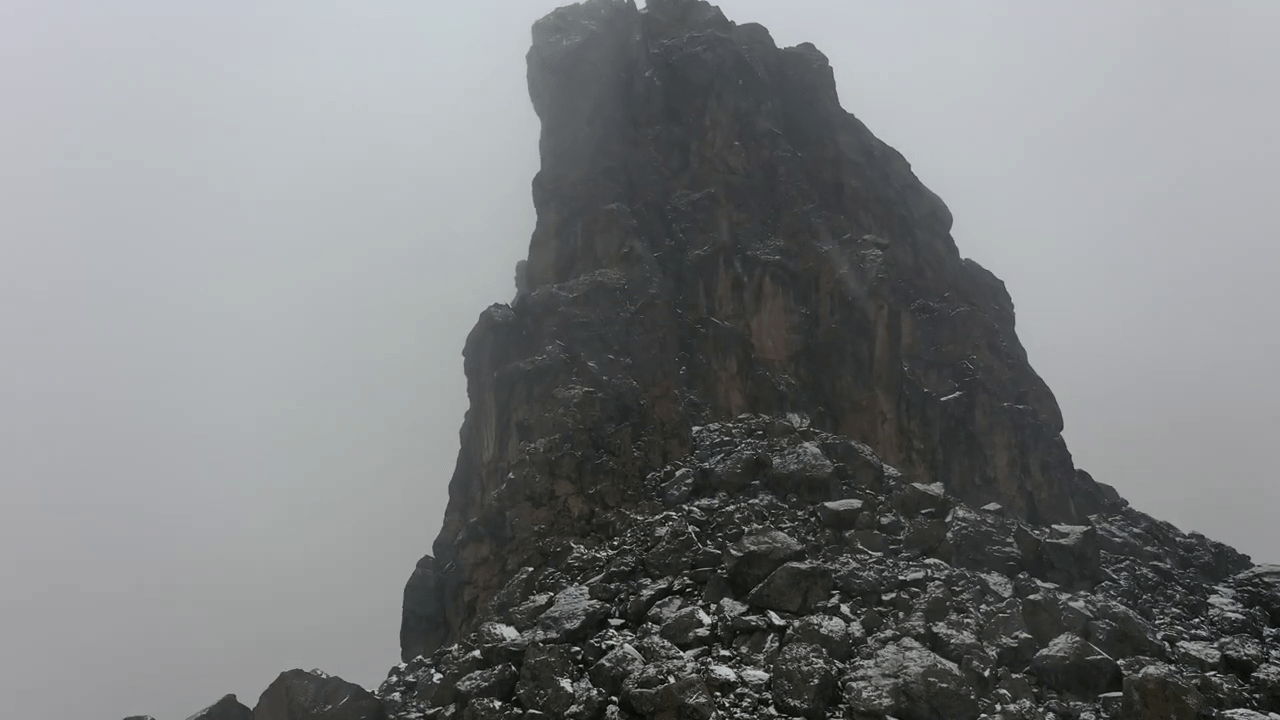
Is Climbing Kilimanjaro Dangerous for Individuals Without Mountaineering Experience?
Is Climbing Kilimanjaro Dangerous for Individuals Without Mountaineering Experience? Introduction: The Myth of Danger and Experience Many aspiring adventurers wonder if climbing Mount Kilimanjaro is
